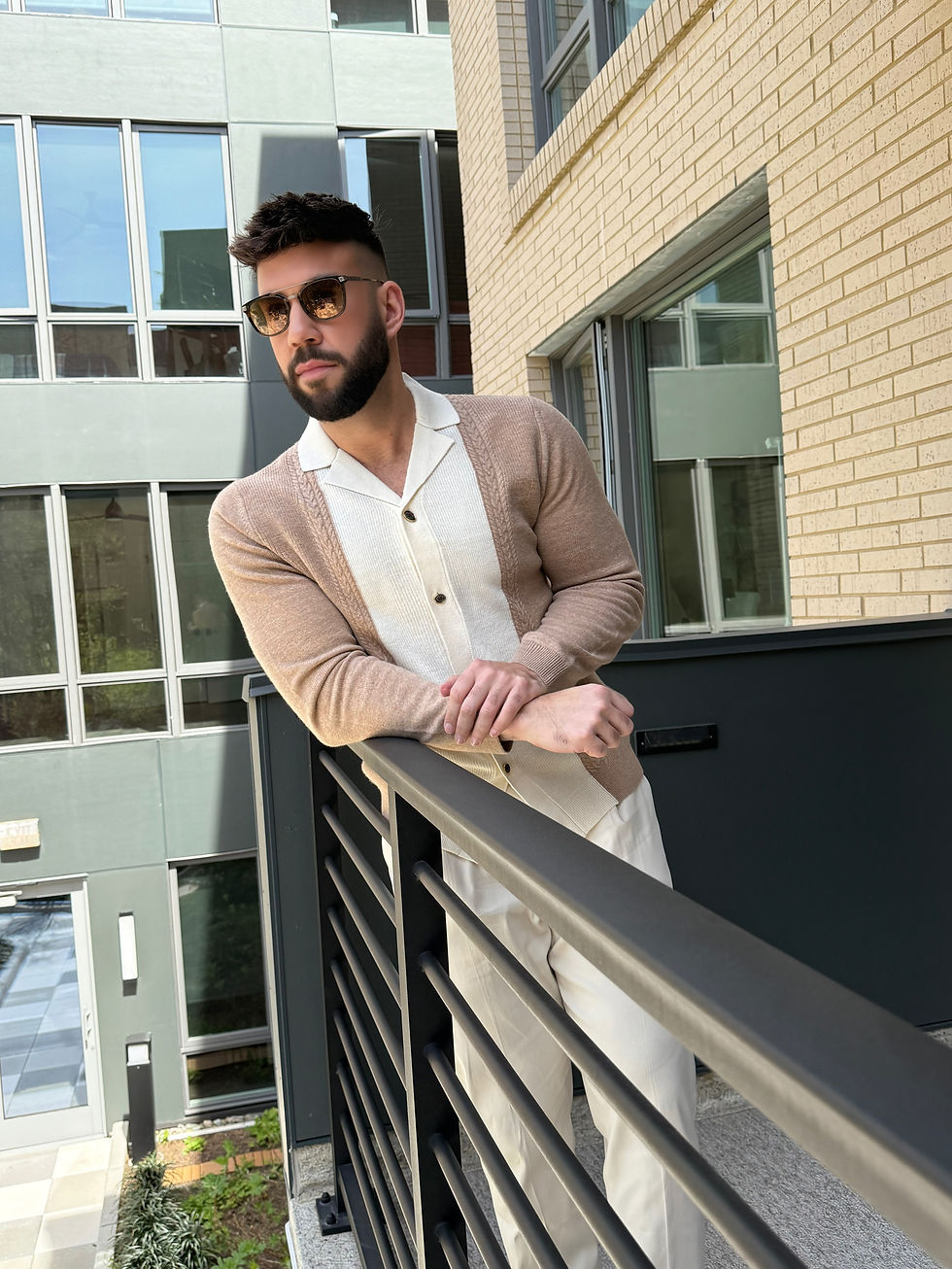You Weren’t Love Bombed—You Just Dated a Human
- drjohndeoca
- Jul 28, 2025
- 3 min read
Let’s stop confusing genuine interest with manipulation.

Some relationships start off like a firework—explosive, exciting, and impossible to look away from. They sweep you off your feet, consume your thoughts, and make you feel like you’ve finally stumbled into the kind of passion everyone’s always talking about.
And sometimes… those relationships burn out just as fast.
The calls slow down. The texts dry up. The connection cracks under the weight of unmet expectations, emotional baggage, or simply two people wanting different things.
It’s disappointing. Sometimes heartbreaking.But here’s what it doesn’t automatically mean:That you were “love bombed.”
But somewhere between TikTok therapy and armchair diagnostics, the word “love bombing” got diluted.
Not Every Bad Ending Is a Red Flag Beginning
We’ve grown so uncomfortable with emotional intensity that we’ve started to label anything fast-moving or passionate as manipulative.
Did they say “I miss you” after a great weekend? Must be love bombing.Did they send a gift early on? Red flag.Did they plan a vacation for month two? Clearly a narcissist.
But not every story with a messy ending was written with toxic intent. Sometimes, people do feel deeply right away. Sometimes, they express love boldly, enthusiastically, even imperfectly—and still aren’t out to control or manipulate you.
The truth is: not every relationship that ends in confusion started in abuse.
What Love Bombing Actually Looks Like
Here’s a refresher on what actual love bombing involves:
Overwhelming flattery or gift-giving with the intent to distract from a lack of genuine emotional intimacy.
Rapid commitment pressure (“You’re my soulmate,” “Let’s move in next week”) followed by emotional withdrawal or gaslighting.
Inconsistency masked as passion, often coupled with isolating the person from friends or family.
A pattern of idealization → devaluation → discard.
If someone texts you good morning every day and wants to introduce you to their friends after a few weeks, that might just be someone… interested in you.
The key element? Intentional control.
So, unless someone was actively using affection as a weapon to manipulate and destabilize you, it might not be love bombing. It might’ve just been… a short-lived connection. One that burned bright and didn’t last—but wasn’t born from malice.
Why We Need to Be More Thoughtful With This Term
Overusing “love bombing” to describe typical romantic highs and lows comes with real consequences:
It invalidates the pain of people who have experienced real emotional abuse.
It makes us suspicious of sincere expressions of affection.
It teaches us to run from intensity—even when it’s genuine.
Sometimes we confuse emotional availability with manipulation simply because we’ve gotten so used to emotional unavailability.
Let’s Learn to Tolerate Being Wanted
The truth is, many of us are more comfortable with ambiguity than affection. We’ve been conditioned by ghosting, breadcrumbing, and “chill girl” narratives that tell us desire should be slow-burn, low-stakes, and always a little uncertain.
So when someone shows up clearly, consistently, and openly, our nervous systems misfire.
We mistake care for control. Interest for intensity. Certainty for suspicion.
But not all love that comes in strong is doomed. And not every person who expresses affection early is trying to manipulate you. Sometimes, it’s just a person with clarity, kindness, and a healthy attachment pattern.
Let’s Normalize Healthy Intensity
Here’s a truth that might feel uncomfortable:Not all early intensity is bad.Not every “fast-moving” relationship is doomed. And not every emotional high is a trauma bond.
Healthy people can fall fast, say sweet things early, and be consistent in their attention—without any ulterior motives.
Our job isn’t to police their every move through a TikTok therapy lens.It’s to get better at listening to our own intuition.To stay curious. To check in with how we feel. To ask: Does this feel grounding or destabilizing? Consistent or confusing?
Because while some love stories end in pain, not all pain is a product of manipulation.
Sometimes, it’s just life. Love. Learning.
And sometimes, it’s worth remembering: the end doesn’t always rewrite the beginning.
Final Thoughts
Let’s stop weaponizing psychology buzzwords to keep ourselves “safe” from love. Let’s stop turning every romantic gesture into a red flag.
And maybe most importantly—let’s remember that part of healing isn’t just learning how to protect ourselves…
It’s learning how to receive love when it’s finally safe.








Comments